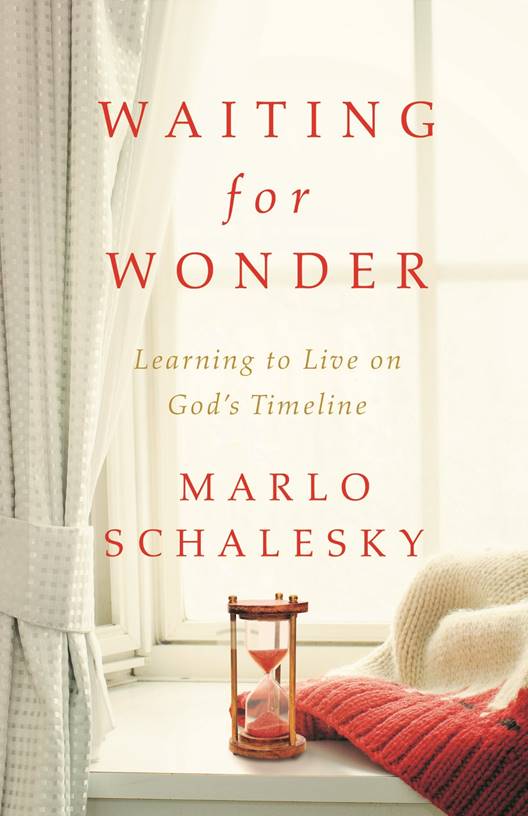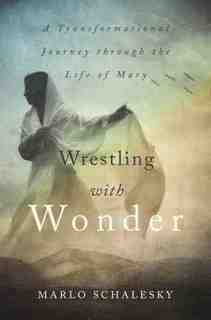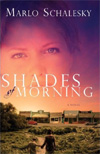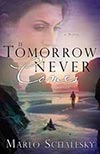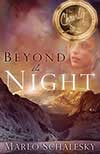
Hi Friends,
Here's a new novel I wanted to tell you about this week -
COWBOY FOR A RAINY AFTERNOON by Stephen Bly. Keep reading for more about it plus an interview with Steve.
BLURB:
A 10-year-old boy with red straw cowboy hat, cap gun, and silver-painted wooden bullets. Six story-telling, cribbage playing old cowboys. A ’49 Plymouth with open trunk. A damsel in distress. All the fixings for a summer’s day adventure at the Matador Hotel in 1954 Albuquerque.
Maybe you weren’t born 100 years too late!
SUMMARY:Cowboy For A Rainy Afternoon is a twist on the traditional Western story.
In 1954, six men who spent their youth as cowboys in the Southwest, now gather at the Matador Hotel lobby in downtown Albuquerque, New Mexico, for weekly games of cribbage. One rainy afternoon, one of the men brings his grandson. They’re delighted with this captive audience. They all play cribbage and the men tell stories of their exploits in the old days. The eldest was born during the Civil War. All of them cowboyed from the late 1880s until the 1940s. They tell first-hand stories of what the West was truly like.
Many years later, the boy looks back and remembers the day he heard of a way of life and western tradition that’s quickly becoming extinct. He also recalls the lessons he learned and the excitement of a drama that unfolded before them that provoked the cowboys’ last stand.
This reminiscent account of real cowboy lives resonates like Andy Adams’ book, The Log of a Cowboy, written in the early 1900s.
Author’s suggestion: this book is best read aloud, as though around a campfire, by someone who gets the hang of the rhythm of the language.
EXCERPT FROM CHAPTER ONE:
http://snipurl.com/z5n0gMiscellany Quotes from Cowboy For A Rainy Afternoon:
The Matador Hotel died on July 5th, 1965, but they didn’t bother burying it until last fall.
New Mexico heat blanketed Albuquerque that July like too many covers in a stuffy cabin. . .the kind of day that you sweat from the inside out and feel sticky dirt in places that you don’t ponder much except in the shower.
Cribbage and cowboys. . .I figured I fit right in.
The early May rain came down hard, the kind of cloudburst when the drops slap your face and you take it personal.
There’s a quiet buzz from antique ceiling fans, like six thousand crickets, all out of tune. You don’t even notice, until there’s silence.
Folks today think that 1954 existed in some other galaxy, on some other planet. Maybe they’re right. It’s hard to believe that world and this one are made of the same stuff.
“If you feel prodded, Shorty, it’s the shovel of the Lord. He’s diggin’ you up and intends on restorin’ you.”
INTERVIEW: Q. What is meant by the term “cowboy philosopher.” What is it about the “cowboy life” that lends itself to philosophizing and a closer walk with God?A cowboy’s friendships were shaped by tough work and tragedy, companionship and daily battle with weather and critters. Only the battlefields of Europe and the Pacific would equal the old West in producing men of courage and character. This stark reality on the land, with lots of nights around a campfire and under the heavens, goaded them to storytelling, philosophizing, and wondering about God.
“Little Brother, a man don’t jump into the stream until he sees which way the water’s flowin’,” says a character in my newest release, Cowboy For A Rainy Afternoon (June 1st, hardback). It’s told from a 10-year-old boy’s point-of-view, but years later as an adult. He learns many life lessons one summer’s day in a lobby at the Matador Hotel in Albuquerque. He gets a graduate degree in cowboy philosophy.
Q. Why did you pick Albuquerque, New Mexico for your setting in this newest novel?
Because I’ve been there many times to vacation or do research. I enjoy this state very much. The only other place I’ve been that possesses such wonderful layers of culture stacked one upon another is Rome. The old cowboys at the Matador Hotel in Albuquerque share one layer of New Mexico’s history, a fairly modern era.
Every chapter I wrote in Cowboy For A Rainy Afternoon made me miss New Mexico. The state motto is “land of enchantment.” But it’s more than a Chamber of Commerce slogan that tugs me. It’s an intriguing state to explore. This state’s ripe for numerous stories.
Q. How did you get the idea for Cowboy For A Rainy Afternoon? This novel is not based on my life, per se. However, what makes it personal, like a memoir: as a 10-year-old boy in 1954, I spent many afternoons playing cribbage with my grandpa, just like Little Brother in the novel. And I also heard many accounts about the “old days.” Many images from those times together in the 1950s embedded in my mind. I finally wrote about it.
Q. What was one of your challenges in writing Cowboy For A Rainy Afternoon?
A rather technical one…Albuquerque is tough to spell right every time. In fact, it ranks #4 in the most misspelled list on none other than ePodunk.com. The other contenders are Cincinnati, Tucson and Pittsburgh. I finally started to get it right on the second draft by remembering an old song: A-L-B-U-Q-U-E-R-Q-U-E (Lyrics by Herb Hendler, Music by Ralph Flanagan ©1951). This made it easy enough for even a cowboy to spell.
Gotta go, gotta go back to New Mexico,where my true love waits for me.Gotta get on the trackscause I'm on my way backTo A-L-B-U-Q-U-E-R-Q-U-E.
The tune, of course, is integral to teaching the spelling. I can’t help you there, even if we met in person. But my musical wife could hum it just fine.
However, I did discover that there are definite advantages to setting a story mainly indoors, as most of this book is. It’s easier to research. Take New Mexico, for instance. . .as soon as I move my characters out into the woods, I’ve got to decide which tree they’ll hunker next to. Hey, it’s not easy to pick the right tree. Picking the right weed can be tougher. So, I stayed most the time inside the Matador Hotel. Except when all the main characters hop into that ’49 Plymouth with the open trunk.
Q. What other kind of genre would you be interested in writing besides westerns?
My wife and I have enjoyed writing together what she calls ‘cozy mysteries’. We did The Hidden West Series (contemporary) and The Carson City Chronicles Series (historical) and so much enjoyed the research on location and process. I’d be delighted to do more these with her.
Q. What’s next for you?I’ve got a contract for a historical romance western, set on a train from Omaha to Sacramento, with the working title Throw Away Heart. In addition, I’m thinking through a mystery story set in the early 1900s on the Oregon coast on a golf course, starring Stuart Brannon, one of my early cowboy protagonists, as an old man. He’s invited to a golf tourney by friends and feels very awkward on the links, but finds plenty of adventures anyway. As ardent fans of my books know, Stewart Brannon makes some sort of cameo appearance or mention in every Stephen Bly novel, whether historical or contemporary.
BIO:Stephen Bly has published 103 books of historical and contemporary fiction (37 classic westerns) and Christian life and family nonfiction for adults, teens, and kids (9-14 yrs.). Eighteen books were co-authored with wife, Janet. Four of his novels were finalists for the Christy Award. His historical western, The Long Trail Home, won a Christy. The Blys have 3 married sons and 3 grandchildren and live in north-central Idaho at 4,000 ft. elev. on the Nez Perce Indian Reservation.
Learn more about the Blys at their website
http://www.blybooks.com/ or “On A Western Trail” blog
http://www.blybooks.blogspot.com/ or follow then on twitter
www.twitter.com/BlyBooks or friend them on Facebook (Stephen Bly or Janet Chester Bly).
Cowboy For A Rainy Afternoon (hardback, Center Point) is available by order through your local bookstore (Ingram Distributors) or online
http://www.amazon.com/ or
http://www.blybooks.com/ . You may also check it out at your local library.





 Hi Friends,
Hi Friends,


